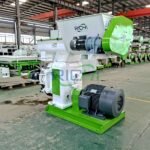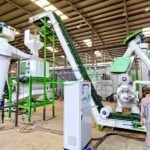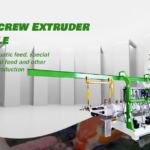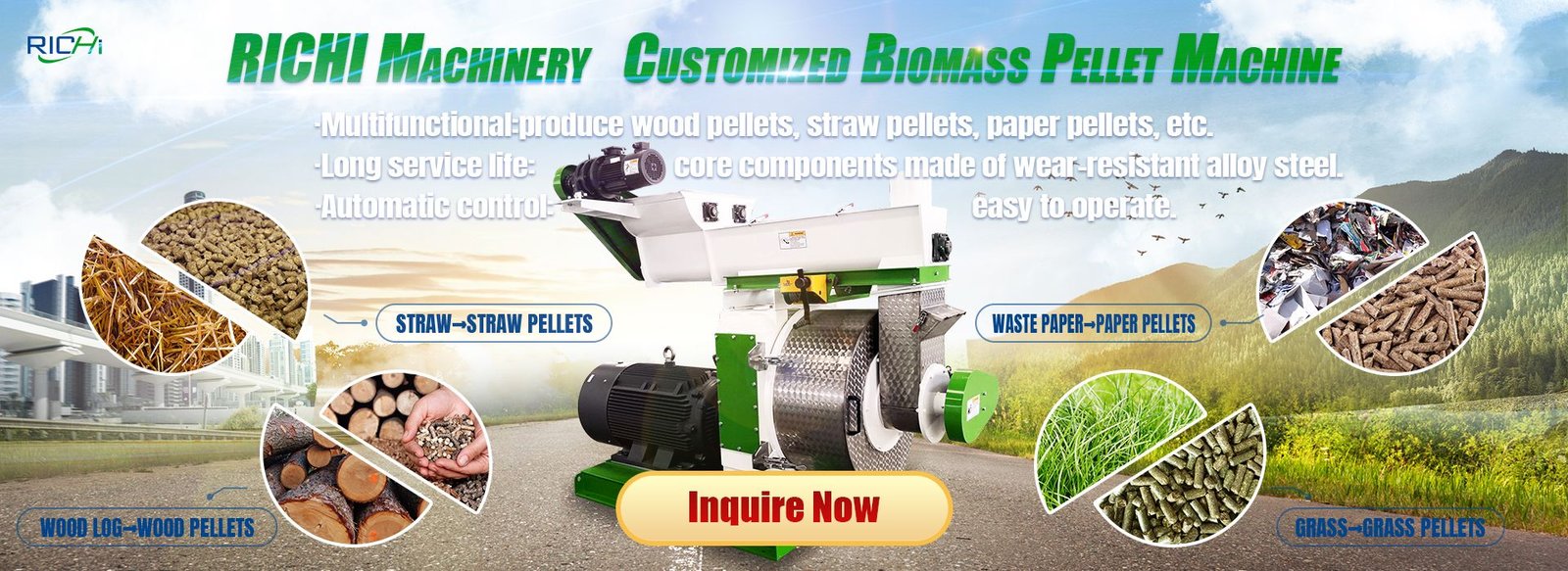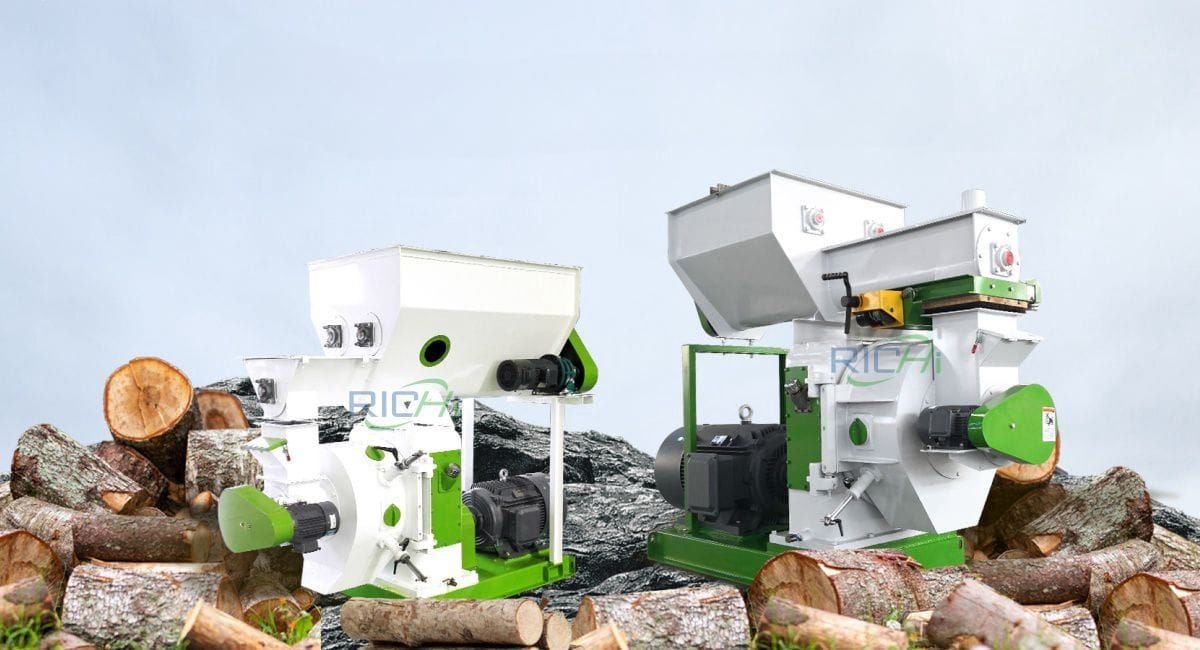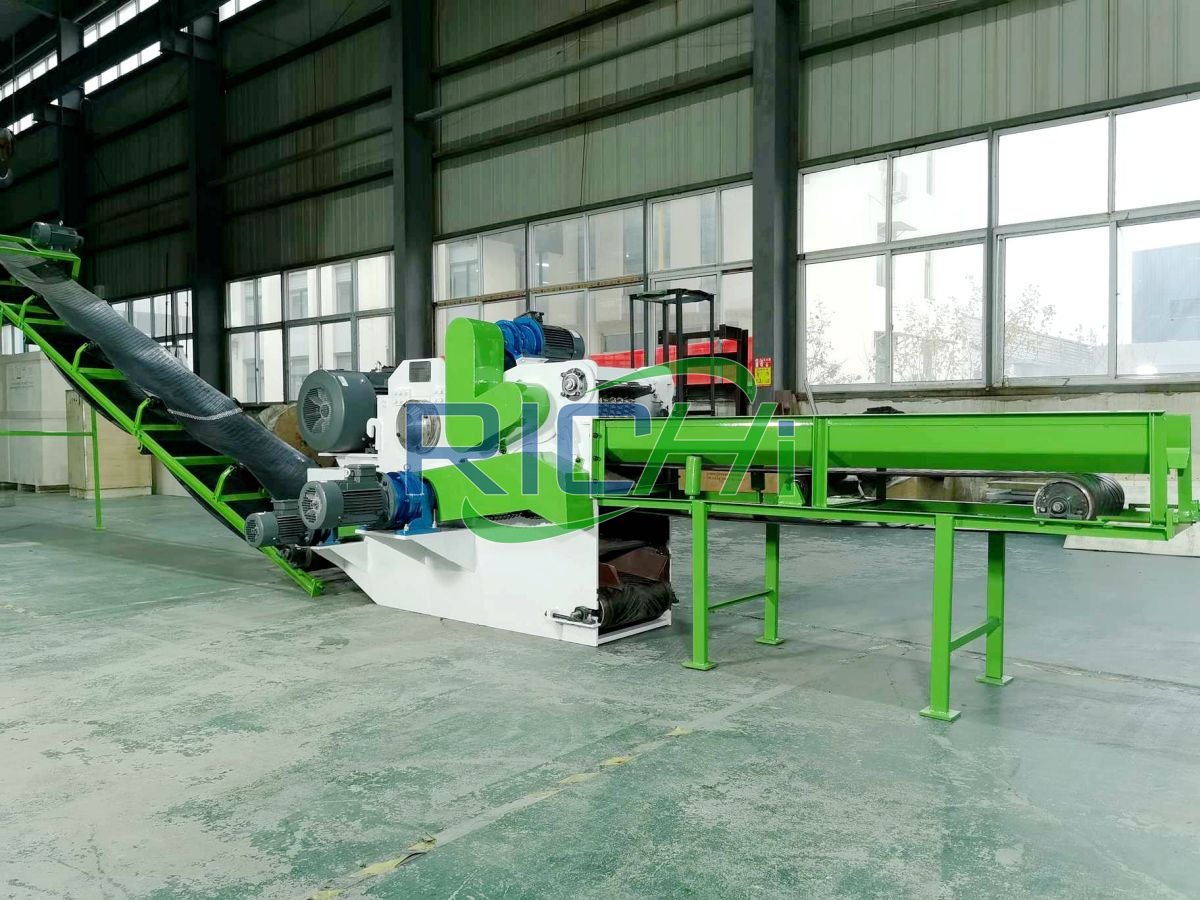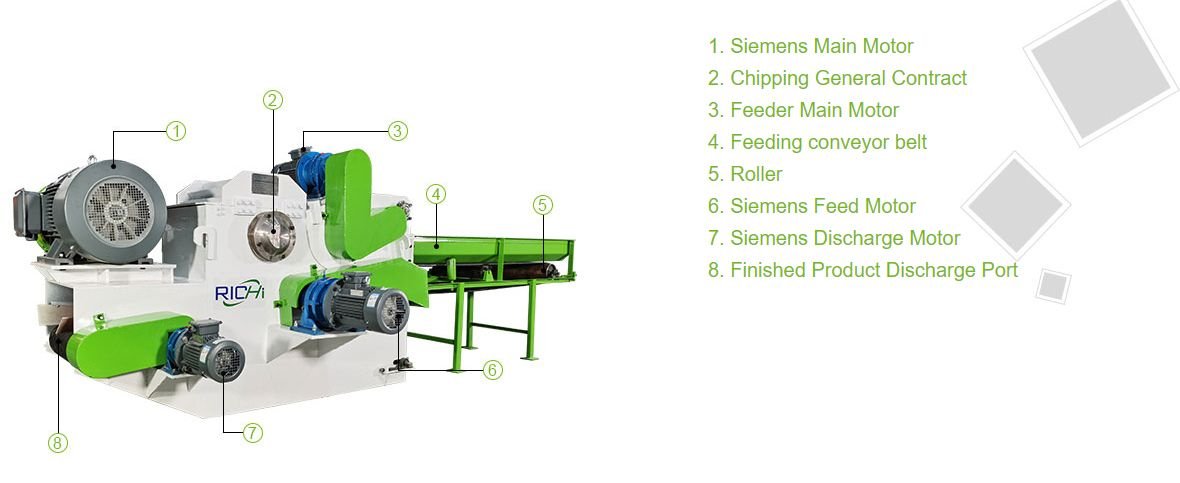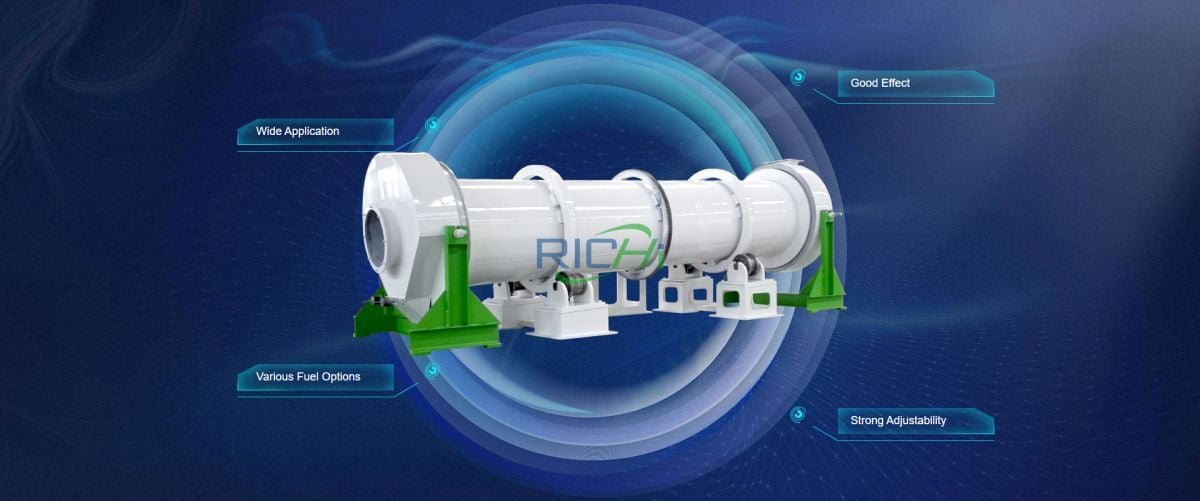In the ever-evolving landscape of renewable energy solutions, the utilization of biomass has emerged as a promising alternative to traditional fossil fuels. Biomass, derived from organic matter such as agricultural residues, forestry by-products, and dedicated energy crops, offers a sustainable and carbon-neutral source of energy. To harness the full potential of biomass, specialized equipment is required to convert this raw material into a convenient and efficient fuel source. Enter the biomass fuel pellet machine, a powerful and versatile system designed to transform loose biomass into dense, energy-rich pellets suitable for various applications, including residential heating, industrial boilers, and co-firing in power plants.
Choosing the right biomass fuel pellet machine is crucial for ensuring efficient and cost-effective pellet production, as well as meeting the specific requirements of your operation. With a wide range of options available in the market, it can be challenging to navigate through the various features, capacities, and configurations. This comprehensive guide will provide you with valuable insights and considerations to help you make an informed decision when selecting a biomass fuel pellet machine.
Assessing Your Operational Requirements
Before delving into the selection process, it is essential to assess your operational requirements and define your specific needs. Consider the following factors:
- Production Capacity: Determine the desired output capacity of the pellet machine, taking into account your current and projected biomass feedstock availability, as well as your target market demand for biomass pellets.
- Feedstock Characteristics: Evaluate the type and characteristics of the biomass feedstock you plan to use, such as moisture content, particle size, and density. Different feedstocks may require specific pre-treatment processes or machine configurations.
- End-Use Applications: Identify the intended applications for your biomass pellets, whether for residential heating, industrial boilers, or co-firing in power plants. Different applications may have specific requirements for pellet quality, size, and density.
- Space and Infrastructure Constraints: Consider the available space and existing infrastructure at your production facility, as well as any potential limitations or requirements for installation and operation of the pellet machine.
Related post: https://www.richipelletmachine.com/biomass-pellet-making-machine/
Key Factors to Consider When Choosing a Biomass Fuel Pellet Machine
Once you have a clear understanding of your operational requirements, consider the following factors when selecting a biomass fuel pellet machine:
- Production Capacity and Throughput: Ensure that the pellet machine’s production capacity and throughput align with your desired output requirements. Machines with higher capacities generally come at a higher cost but may offer economies of scale for larger operations.
- Feedstock Compatibility: Evaluate the machine’s ability to handle your specific biomass feedstock effectively. Some machines may be better suited for certain types of biomass, such as agricultural residues, forestry by-products, or dedicated energy crops.
- Pellet Quality and Specifications: Consider the desired pellet quality and specifications, including size, density, moisture content, and durability. Different applications may have specific requirements for pellet characteristics.
- Energy Efficiency and Sustainability: Prioritize machines that incorporate energy-efficient technologies and sustainable practices, such as waste heat recovery systems and renewable energy integration. These features can contribute to long-term cost savings and environmental responsibility.
- Automation and Control Systems: Evaluate the level of automation and control systems offered by the pellet machine. Advanced automation and monitoring capabilities can improve process efficiency, consistency, and quality control.
- Maintenance and Support: Consider the manufacturer’s reputation for quality, after-sales support, and availability of spare parts and technical assistance. Proper maintenance and support are crucial for ensuring the longevity and optimal performance of the pellet machine.
- Scalability and Flexibility: Assess the machine’s scalability and flexibility to accommodate potential future growth or changes in your operation. Modular designs or the ability to upgrade components can provide long-term adaptability.
- Regulatory Compliance: Ensure that the pellet machine complies with relevant local and international regulations, standards, and certifications related to emissions, safety, and environmental protection.
Additional Considerations
In addition to the factors mentioned above, it is essential to consider the following aspects when selecting a biomass fuel pellet machine:
- Installation and Integration: Evaluate the complexity of installation and integration of the pellet machine into your existing production facility. Consider factors such as site preparation, utility connections, and any necessary infrastructure modifications.
- Operator Training and Support: Inquire about the manufacturer’s training programs and support services for operators and maintenance personnel. Proper training is crucial for ensuring safe and efficient operation of the pellet machine.
- Financial Considerations: Assess the total cost of ownership, including the initial investment, operating costs, maintenance expenses, and potential financing options. Conduct a thorough cost-benefit analysis to ensure a viable return on investment.
- Future Expansion Plans: If you anticipate future growth or expansion of your biomass pellet production operations, consider machines that offer scalability and the ability to integrate additional components or modules.
By carefully evaluating your operational requirements, considering the key factors, and weighing the additional considerations, you can make an informed decision when selecting a biomass fuel pellet machine that aligns with your specific needs and contributes to the growth of sustainable energy solutions.


